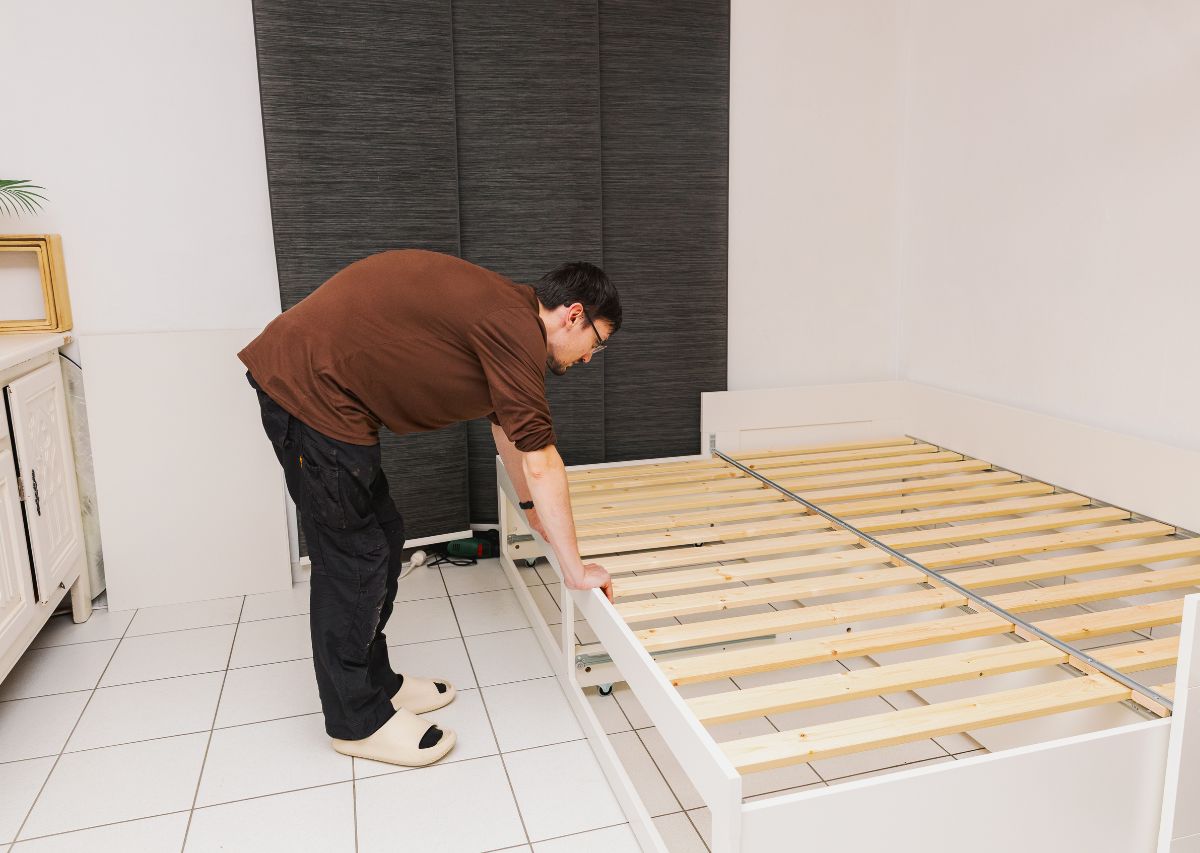How Do You Become a Resident of a State? BC Brothers Moving’s Guide

Becoming a resident of a new state means more than just moving, it’s an important legal step with major impacts on taxes, voting, college tuition, and even your driver’s license. At BC Brothers Moving in Savannah, many clients ask how they can officially establish state residency after their move. This guide explains the requirements and smart steps you should take for a smooth transition.
What Does State Residency Mean?
State residency is your official, legal connection to a new place. Once you’re a resident, you owe state taxes, can vote locally, and may qualify for in-state tuition or special benefits. Each state has its own rules, but there are standard requirements used across the US.
Common Legal Requirements to Become a State Resident
While some variations exist, most states look for several key signs that you’ve genuinely made your new home permanent:
- Physical presence: You must spend a certain number of days living in the state, typically more than half the year (183 days is common).
- Intent to remain: Demonstrated by actions like finding employment or buying a home in the state.
- Severing ties with your previous state: Cancel your old driver’s license and change your address everywhere.
- Active participation: Register to vote and serve on local boards, or enroll your children in local schools.
Many states will look for a combination of these to validate your claim.
Documents That Prove State Residency
You’ll need documents that show your intent and physical connection to your new state. The most accepted forms of proof include:
- New state driver’s license or ID card
- Lease or home ownership documents
- State voter registration card
- Utility bills with your new address
- In-state employment or business activity
- State vehicle registration
- Filing state income tax using your new address
- Local bank account statements
Having at least two government-issued documents is best; the more, the stronger your case.
Step-by-Step Guide: How to Become a Resident of a State
- Move and establish a permanent address
Rent or buy a home, and notify the postal service of your new address. Simplify your move by using our professional packing services to protect your belongings during transport. - Apply for a driver’s license or state ID
Most states require this within 30 to 60 days of moving. Surrender your old ID when getting the new one. - Register your vehicles
Transfer your registration and insurance to your new state per DMV rules. - Register to vote
Sign up to vote using your new address through the local election office. - Start in-state employment or schooling
Document your job, business activities, or school enrollment to strengthen your case. - File state income tax
Use your in-state address when filing the next tax cycle. - Join local organizations
Become a member of professional, religious, or social groups in your new state. - Sever old state ties
Cancel out-of-state licenses, club memberships, and update address with financial institutions.
BC Brothers Moving encourages all Savannah clients to start this process as soon as their relocation is complete for a smooth legal transition. Our residential moving services in Savannah make settling into your new home easier and stress-free from day one.
How Long Does It Take to Establish Residency?
Most states set the residency duration at 183 days (about six months), but it can range from three months to two years depending on your purpose, tuition, taxes, or driving privileges. For tuition at public colleges, at least 12 months of both residency and intent must be proven before the start of classes.
State-by-State Differences
Each state may have differences:
- Some require filing a declaration of domicile with a county clerk.
- Alaska, for instance, requires two years; other states require only six months.
- Time as a student often does not count toward durational requirements for in-state tuition.
Double-check your state’s unique details if you’re moving for school, work, or retirement.
Common Mistakes to Avoid
- Failing to document when you arrived.
- Not updating your driver’s license promptly.
- Holding onto significant ties in your old state.
- Not keeping receipts, lease agreements, or utility bills in your new name and address.
Timely, complete recordkeeping helps your case and avoids hassles down the road.
Why BC Brothers Moving Makes Your State Residency Transition Easier
Relocating with BC Brothers Moving gives you a smoother start to your new life. Our specialty moving services for unique or valuable items ensure that delicate, oversized, or high-value possessions arrive safely as you transition to your new state.. We help Savannah clients with resources about updating licenses, connecting with local services, and providing official documents to prove your new address. Whether you’re moving for work, school, or family, BC Brothers Moving lays the groundwork for permanent residency.
Contact BC Brothers Moving at (912) 658-5700 or info@bcbrothersmoving.com for personalized help and local expertise.
FAQs About How Do You Become a Resident of a State
What documents do I need to prove state residency?
State residency is usually proven with items like a new state driver’s license, lease, voter registration, utility bills, and state tax filings. Many states recommend having at least two government-issued proofs and supporting documents showing intent and physical presence in your new state.
How long must I live in a state to be considered a resident?
Most states require living for at least 183 days (about six months), but requirements vary. For tuition and tax purposes, continuous presence and intent matter most. Some states use a full calendar year or even two years for certain benefits or residency-based rates.
Will I owe taxes in my old state if I move?
If you sever all legal ties and establish clear residency, you’ll usually only owe taxes in your new state. However, income earned in multiple states could require you to file in more than one state the first year. Always keep documentation and check both states’ requirements to avoid complications.
Move stress-free and get the right start in your new state, count on BC Brothers Moving for trusted moving and relocation support in Savannah and beyond.


.avif)

.png)










